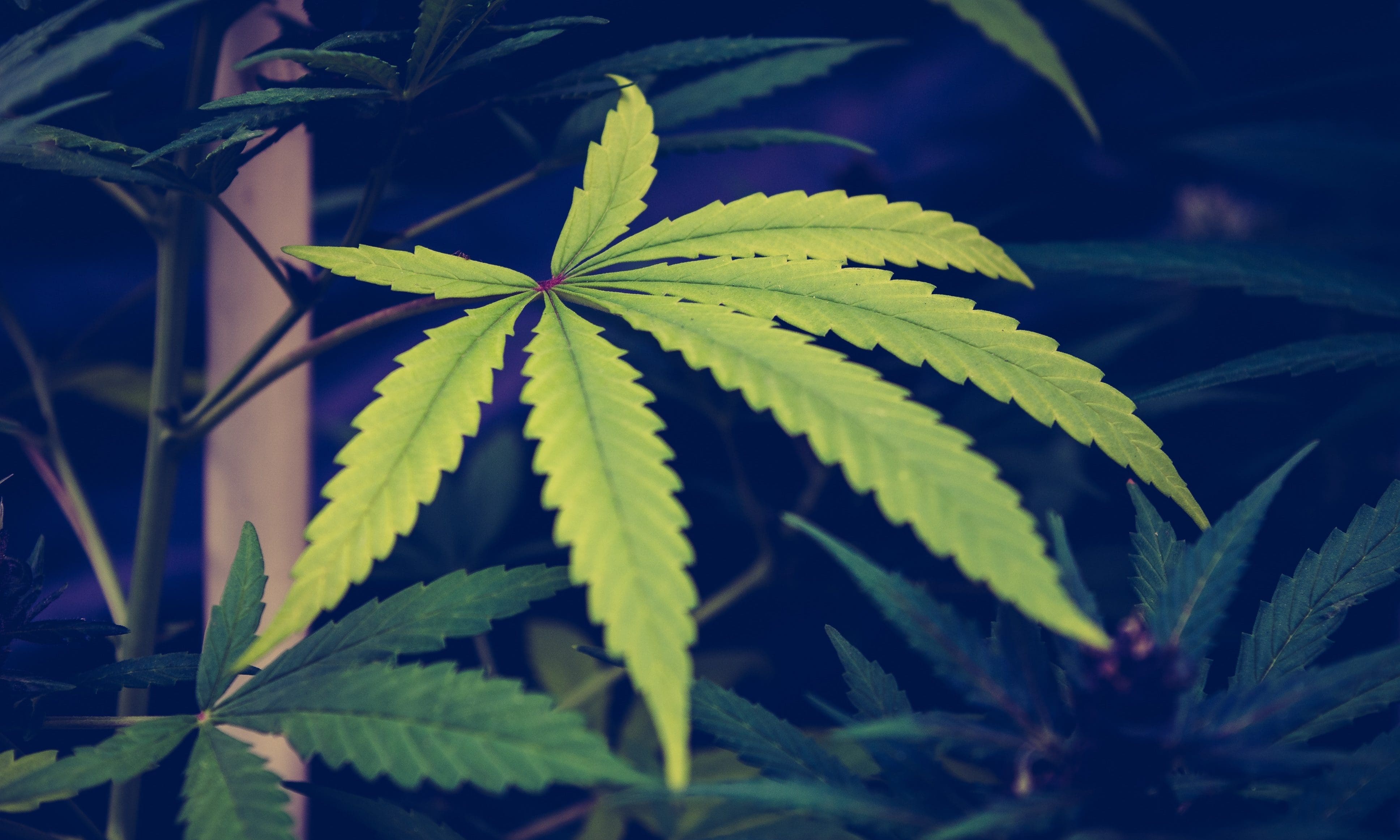Politics
Senate Bill Would Protect Job Corps Students From Being Automatically Expelled Over Marijuana Use

Newly introduced Senate legislation would amend rules around marijuana use by students in Job Corps, a federal job training program administered by the U.S. Department of Labor (DOL), building on separate reforms already instituted administratively earlier this year. The changes are intended to protect participants from being automatically expelled for cannabis use as more states legalize, while allowing administrators greater leniency in how to address positive drug tests.
A provision of the Job Corps for the Next Generation Act, sponsored by Sens. Chris Murphy (D-CT) and Jack Reed (D-RI), would modify drug testing rules “to account for marijuana legalization in some states,” according to a one-page summary of the measure, which was introduced last week. Among other changes, it would end a statutory requirement that students are expelled after a second positive drug test.
Though Job Corps is drug-free and alcohol-free program, participants are not automatically deemed ineligible as the result of a single positive test. Currently, all new and readmitted students are required to be tested for drug use upon arrival to a Job Corps center. If they test positive, they’re enrolled in prevention and education services and then screened a second time about 40 days later. A second positive is disqualifying.
The changes to the drug screening protocol announced by Job Corps in February adjusted what qualified as a “negative” second marijuana screening result. Previously, any positive on the second test was grounds for dismissal for the program. Under the new guidance, someone who tests positive for marijuana on the second test would not be penalized so long as “there is at least a 50% reduction in THC levels.”
Results below that threshold “will be considered a negative test” and attributed “to drug use prior to enrollment,” Job Corps said in documents about the change. “The student will stay in the program and receive relapse prevention services.”
By further eliminating entirely the statutory requirement that the program expel students who return a second positive test, the senators’ bill “would potentially enable Job Corps to employ additional drug-testing, for example after a student returns from a break or before a student enters a trade involving the use of heavy equipment,” Murphy’s office explained in an email to Marijuana Moment, “without the fear that students that test positive will be automatically expelled.”
In talking points from Job Corps, which were shared by Murphy’s office in an email about why the program supports the legislation, officials said the proposed changes recognize that cannabis products, “particularly in states where it has been legalized, have grown in strength (THC levels) significantly” and that the “higher concentration of THC takes longer to leave the body meaning more time is needed for that individual to test negative on a drug test after they are no longer using.”
“For many of the disadvantaged youth Job Corps is aiming to bring into the workforce, marijuana products are legal, commonplace, and, in the absence of alternative means of behavioral and mental health care, a publicly accepted means to address health issues ranging from sleep challenges to depression,” the program said, according to Murphy’s office.
“The Job Corps for the Next Generation Act will allow marijuana use to be approached as a behavioral health and employability issue to be addressed and treated, so more young Americans can be reintegrated into the workforce to help address critical workforce shortages,” the comments continued.
Murphy, in a release about the Job Corps for the Next Generation Act, called Job Corps “an amazing program that helps train and connect young people across the country to good-paying jobs in fields like manufacturing and healthcare,” but added that “it’s in need of some serious updates.”
His bill will “modernize Job Corps and ensure that helping students secure full-time employment is the top priority,” the senator said.
The earlier rule change applied to students arriving into the program as of February 13. It did not affect how positive results around other drugs are treated.
“This change has long been requested by students, staff, and parents,” officials said at the time. “We believe these changes will allow us to better serve as many students as we can, and it means our policy will now screen students into the program rather than out of it.”
Separate legislation passed by the House in April, A Stronger Workforce for America Act, would make other changes to Job Corps drug testing rules, for example extending the timeline for a second drug test to 50 days.
Cannabis-related employment policies have been a major topic across the country amid the marijuana legalization movement.
As marijuana legalization began to take effect in Ohio last year, for example, Cleveland Mayor Justin M. Bibb (D) announced that the city had “modernized” its drug testing policies for applicants for city jobs, eliminating “antiquated language around pre-employment marijuana testing that has previously hindered hiring efforts.”
And Washington, D.C. law went into effect last July that bans most private workplaces from firing or otherwise punishing employees for marijuana use during non-work hours.
Michigan officials approved changes to the state’s employment policy last summer, making it so applicants for most government jobs will no longer be subject to pre-employment drug testing for marijuana.
New York also provides broader employment protections for adults who legally use cannabis during off-hours and away from work.
In California, meanwhile, two pieces of legislation signed into law in 2022 and 2023 took effect recently that prohibit employers from asking job applicants about past cannabis use and bar employers from penalizing workers over lawful marijuana use while off the job.
The Job Corps policy reflects an approach also seen in a new Washington State law that bars pre-employment drug testing for marijuana but nevertheless allows employers to fire workers for testing positive after they’re hired.
















